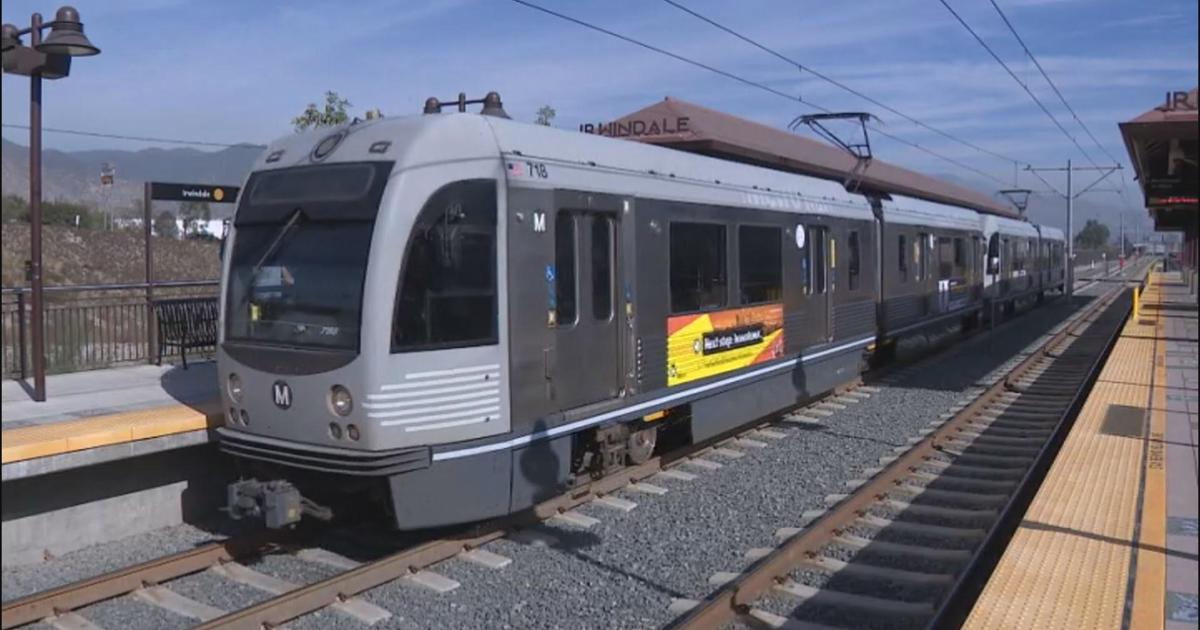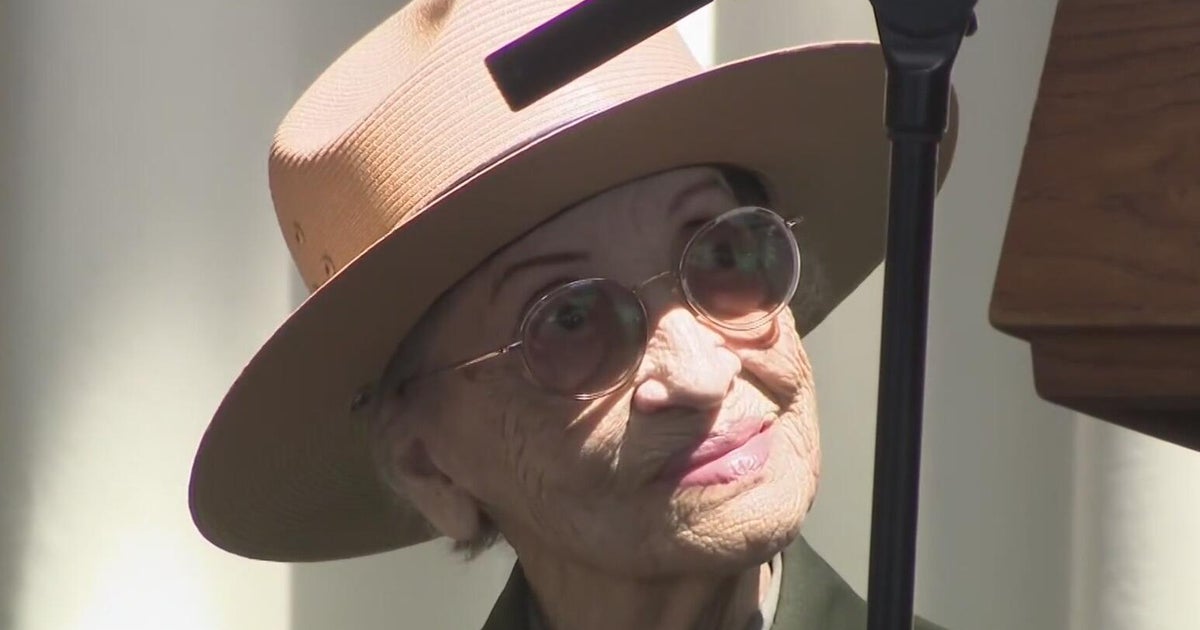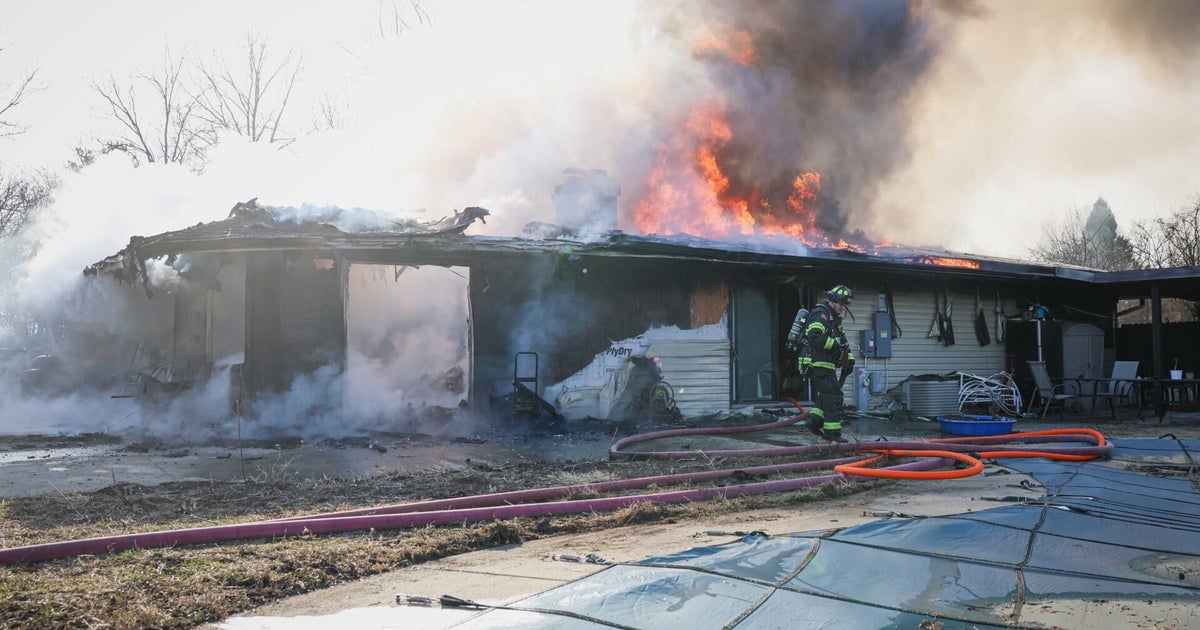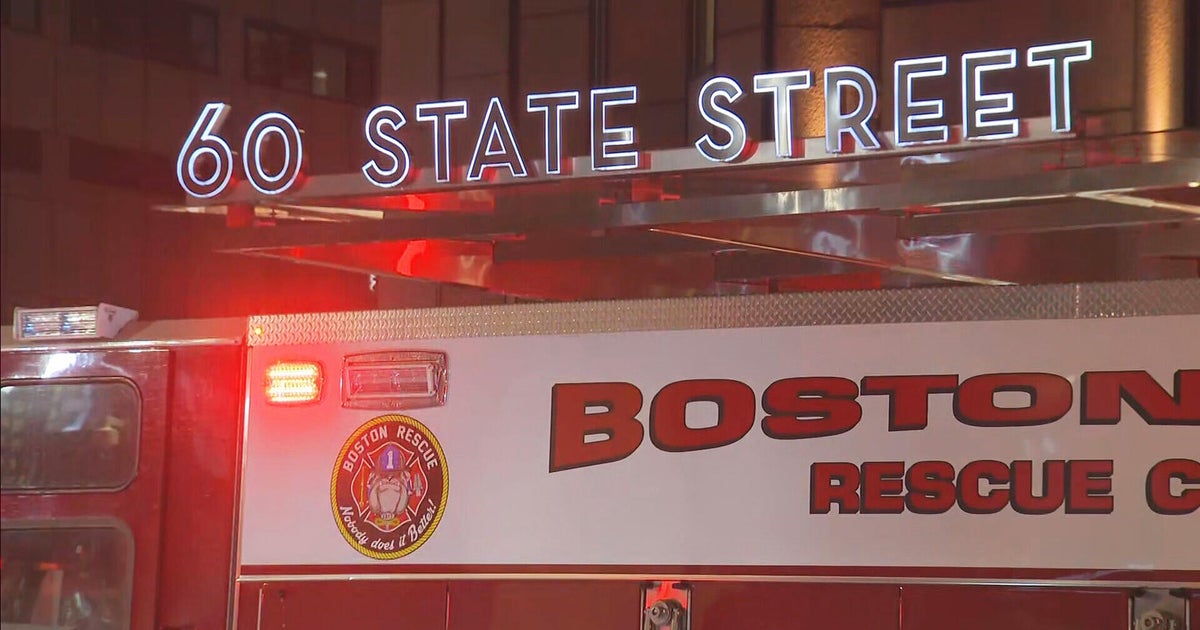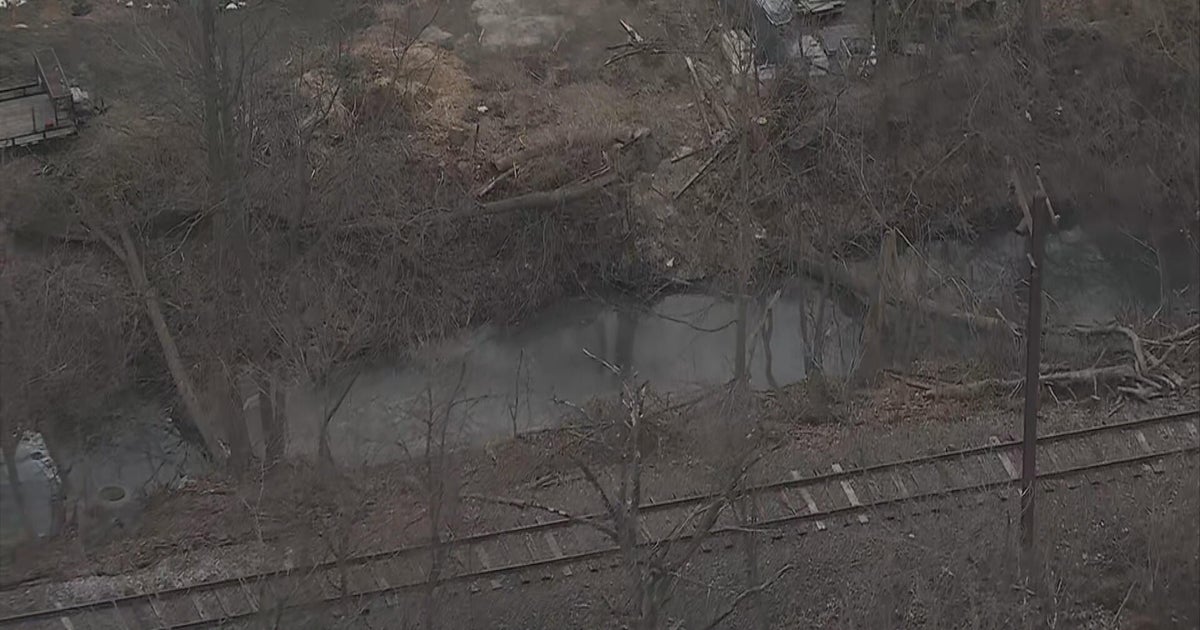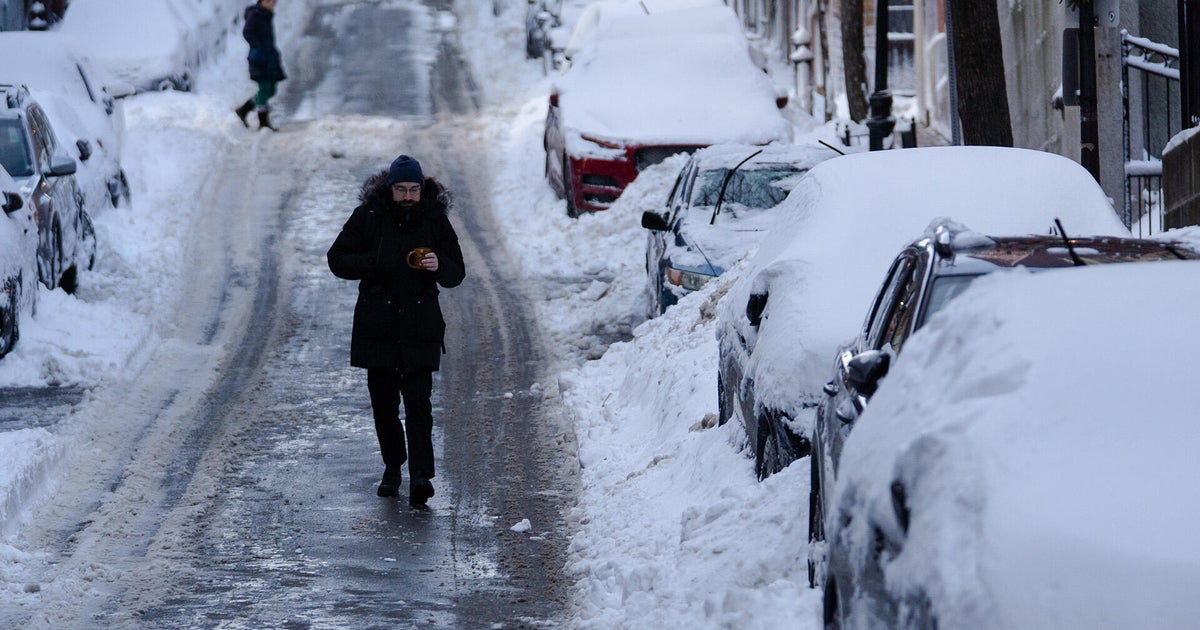Bay Area emergency crews mobilize to respond to southland flooding
MENLO PARK -- As Hilary barreled north toward Baja California and Southern California on Saturday, weakening from hurricane to a tropical storm, dangerous rains were a major concern.
"We're hopeful that things don't materialize where people's lives are in danger," said Dan Coyle, deputy fire chief with the Menlo Park Fire Protection District. "But, in the event that our worst fears are realized, we're ready to help."
Members of his department were mobilized to join a swift-water rescue team Saturday morning by the state's Office of Emergency Management. Sixteen Bay Area firefighters from various departments headed to El Centro in the Imperial Valley to assist with potential evacuations and rescues.
"Coming down here with members from San Jose -- who I was with -- some of these same people went to Paradise when it burned. Some of these same people I was in (Hurricane) Katrina with. Some of these same members," Coyle told KPIX.
This is at least the third time this year Menlo Park's fire team has been deployed. Their swift-water boats helped rescue about 40 people in Pajaro in Monterey County, when a levee broke there earlier this year.
Ayudando Latinos A Soñar (ALAS), a local community group, also helped farmworkers impacted by storms in Half Moon Bay and Pajaro. Representatives said organization members are standing by to mobilize or collect donations if needed.
"I think that the more that people and organizations are able to get together supplies and resources to serve the community right now, before it actually hits is so critical," said ALAS founder and executive director Belinda Hernandez-Arriaga. "For example, we saw families that lost all their clothing, all of their belongings, because they weren't able to pack them up and store them in high places."
"We saw families that really needed flashlights and they needed batteries and they weren't able to see. They weren't able to have electricity so we think about that," she said. "Also, often times, Wi-Fi connectivity goes down so how do people communicate with one another what are safety plans in place that they're preparing for at this time?"

